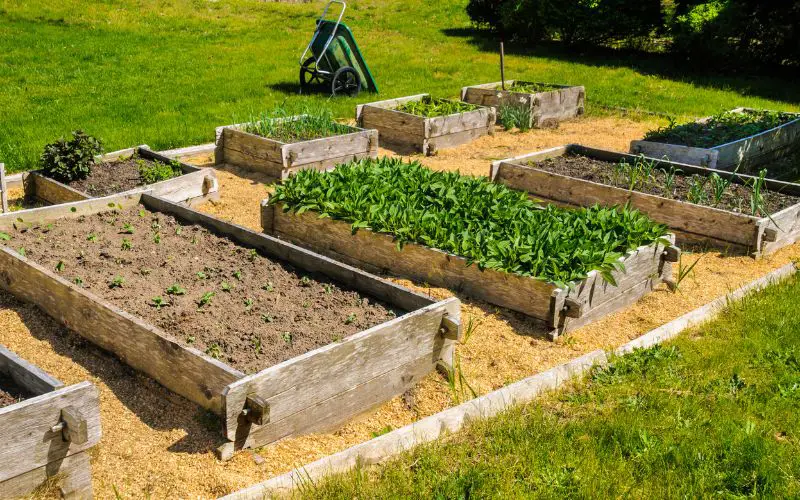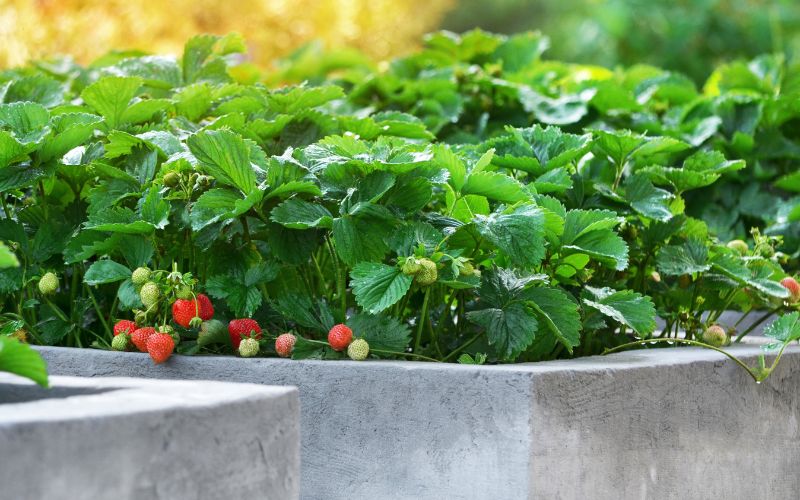When it comes to gardening, there are many options to consider when it comes to what you want to grow and where you want to grow it.
One question that often arises is how deep should your raised vegetable bed be?
There isn’t necessarily one right answer, but here are a few things to keep in mind when making your decision.
The optimal depth for a raised bed is 6 to 8 inches. This allows the roots of your plants to grow deep enough to find moisture and nutrients, while also allowing the top layer of soil to dry out between watering. If you live in an area with hot summers, you may want to consider adding a layer of mulch on top of your soil to help keep it cool and moist.
Root vegetables
If you are growing root vegetables, such as carrots or potatoes, you will want to make sure your beds are at least 12 inches deep.
This will give the roots plenty of room to grow without being crowded.
Flowers and above ground crops
If you are growing flowers or other above ground crops, such as tomatoes or peppers, you can get away with a shallower bed.
A depth of 6 to 8 inches is still ideal, but 4 inches will also work. Just be aware that you may need to water more often if the soil dries out quicker.

Ensure that there is sufficient drainage
No matter what depth you choose for your raised beds, the most important thing is to make sure the soil is loose and well-drained.
Your plants will not thrive if the roots are constantly waterlogged. Add some organic matter, such as compost, to your soil to help improve drainage.
Final Words
In general, it is better to err on the side of too much depth than not enough and you should create raised beds that are deeper than you need.
This is because it is easier to add more soil to a bed that is too shallow than it is to try to make a bed deeper after the plants have already been planted and, you may find, that in the future you need the extra depth.
Keep these considerations in mind when deciding on the depth of your raised vegetable bed and you’ll be sure to create a space that is perfect for your plants.
Read Next
What are the best plants to grow on a balcony?






